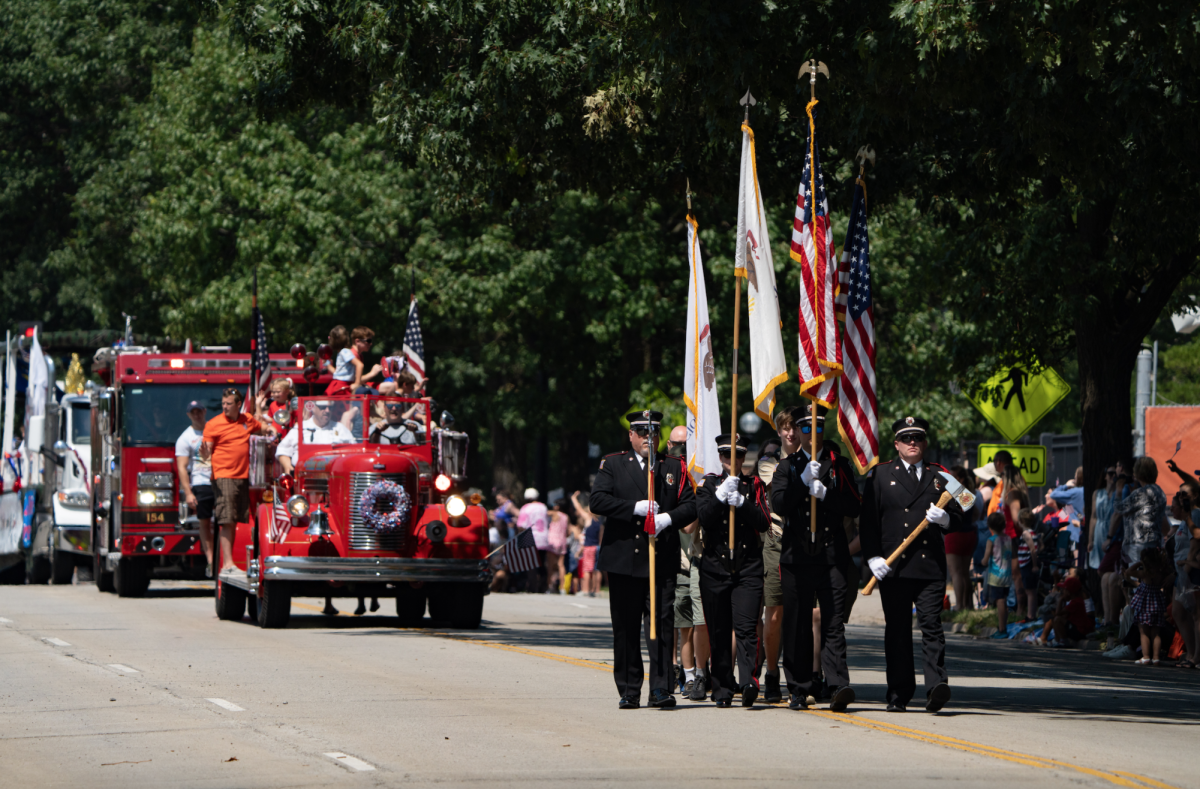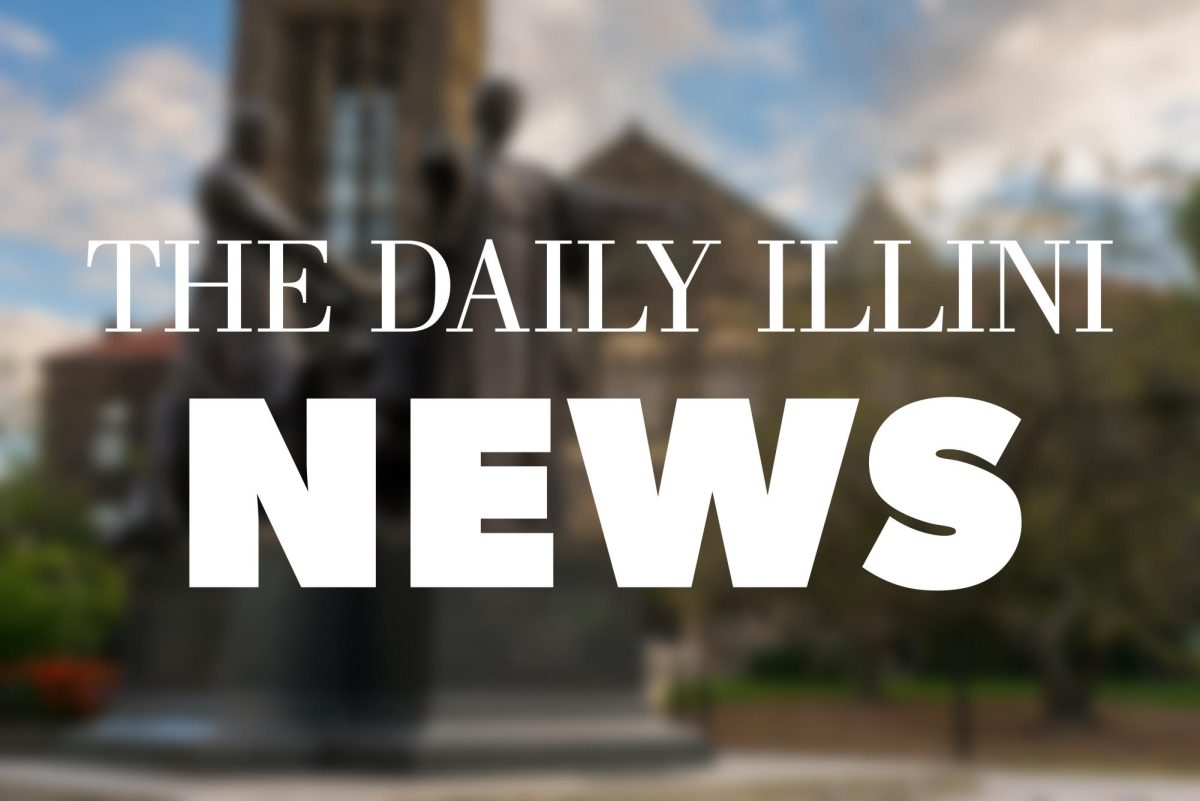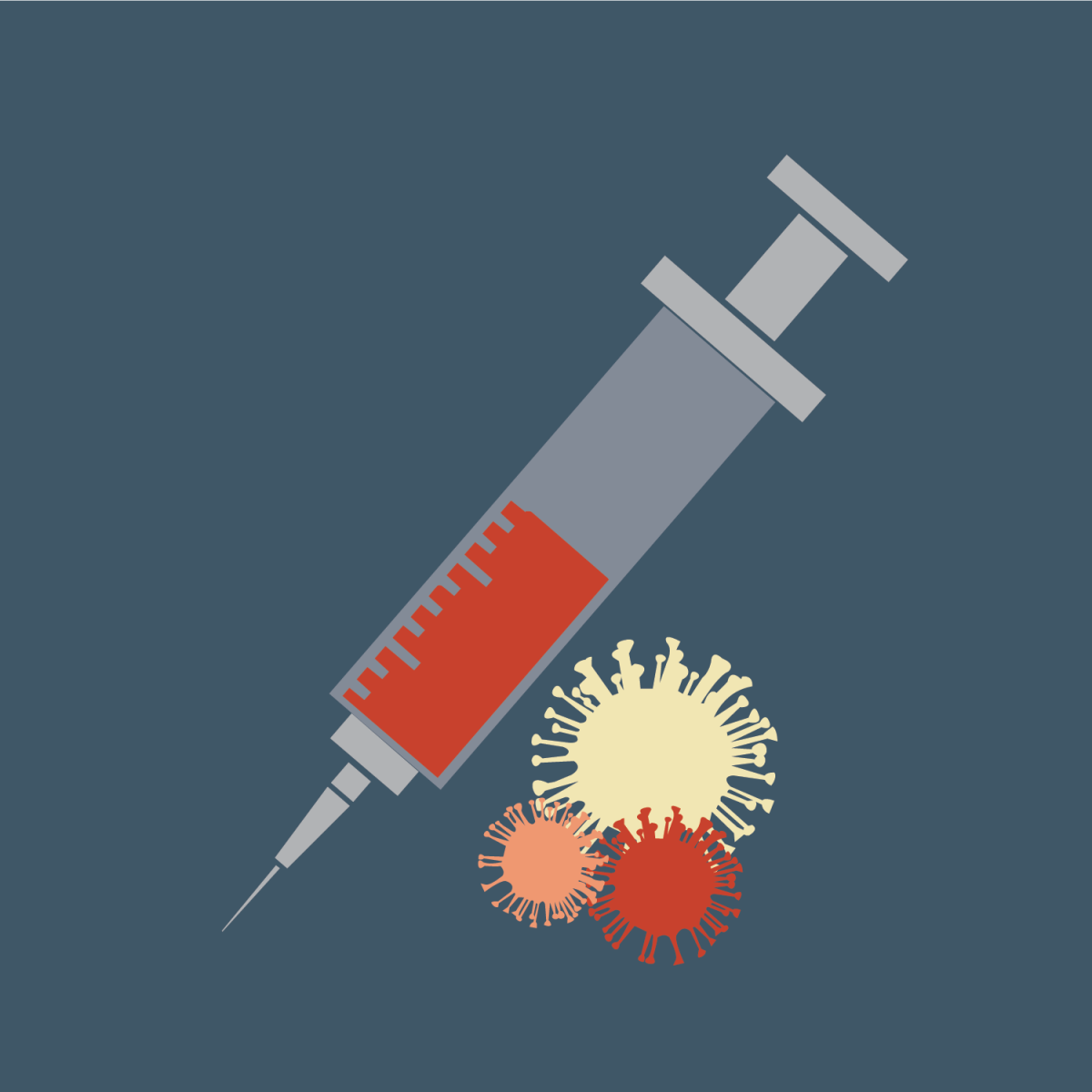Independence Day, also known as the Fourth of July, is recognized nationwide as a day of liberation — a day when Americans can celebrate their freedom during the 9 a.m. to 5 p.m. workday and spend the day embracing the U.S. spirit of barbecue and fireworks.
Looking back to the 18th century when America’s founding fathers were still toiling to declare official nationhood, the Fourth of July was an intricate political affair.
Early in the Revolutionary War, the Second Continental Congress, the governing body of America’s 13 colonies, voted in favor of independence on July 2, 1776. A unanimous adoption of the Declaration of Independence was passed legally two days later, marking the U.S.’ first day of political autonomy from Great Britain.
The Declaration of Independence was the American people’s first formal assertion of their political rights as a governing body. Written largely by Thomas Jefferson, the document produced an idea of collective American identity and experience in just 1,320 words.
Coincidentally, John Adams, the second U.S. president, and his successor Jefferson both died on the 50th anniversary of July 4 in 1826. Former president James Monroe would die exactly five years later on Independence Day in 1831, according to the Library of Congress.
Get The Daily Illini in your inbox!
Following the Declaration of Independence, American citizens burst into immediate revelry, and the summer of 1776 was marked by concerts, bonfires, parades and the occasional celebratory firing of muskets and cannons.
Some colonists celebrated independence by holding mock funerals for King George III as “a way of symbolizing the end of the monarchy’s hold on America and the triumph of liberty,” according to History.com.
Massachusetts became the first state to adopt the Fourth of July as an official state holiday in 1781, and it would eventually become recognized at the federal level in 1870.
Patriotic celebrations became more common nationwide after the War of 1812 — the first time the U.S. and Britain fought since the Revolutionary War.
Independence Day is marked by fireworks shows across the country, with colorful explosions taking the cake as one of the biggest parts of the holiday.
The first organized firework celebration occurred on the one-year anniversary of the holiday in Philadelphia as all armed ships fired 13-gun salutes in honor of the original colonies.
Boston observed similar firework festivities in 1777 as the Sons of Liberty, an early group of revolutionary American colonists who opposed taxation without representation, set off numerous fireworks and shells over Boston Common.
Patriotism reigns over July Fourth, with the jubilant celebrations and expressions dating back 248 years to the very first American day of independence.







